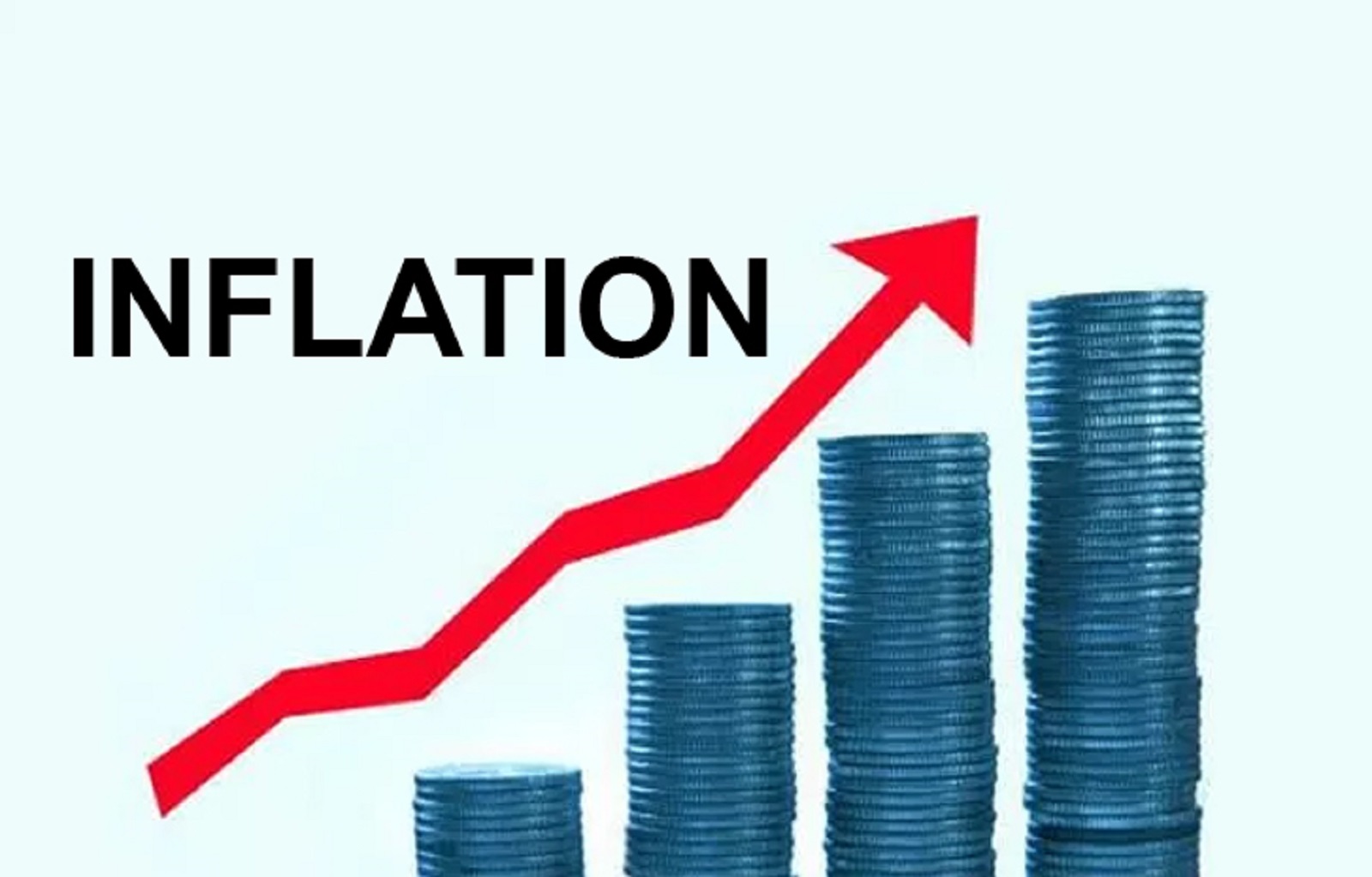Nigeria’s price inflation would persist as the tension in Europe has pushed up energy prices, leaving the country to deal with high food prices and inflated prices for diesel and other unsubsidized energy imports.
Specifically, Russia is a significant supplier of energy products, thus western sanctions imposed on Russia in response to its onslaught on Ukraine are impacting the availability of supplies; consequently spreading the adverse effects of the ongoing war to other countries such as Nigeria.
From a European perspective, due to low inventory and the relatively high dependence on Russia for energy needs, the sanctions on Russian oil imports (including diesel fuel), have resulted in a sharp supply dislocation such that analysts have warned that some European governments such as the UK may need to resort to diesel fuel rationing as early as next month.
Reuters’ also reported that diesel fuel stocks in Europe are at their lowest since 2008, and 8 per cent—or 35 million barrels—lower than the five-year average for this time of the year.
The situation in the United States is even worse. Diesel fuel stockpiles are 21 per cent lower than the five-year seasonal average before the epidemic, equating to 30 million barrels.
Diesel fuel stockpiles in Singapore, a global energy trade hub, are 4 million barrels lower than the seasonal five-year average from before the pandemic.
Furthermore, over the last year, the total diesel fuel supplies in the United States, Europe, and Singapore have lost 110 million barrels that have yet to be replaced.
Consequently, if European countries’ supply shortage worsens to the extent that Europe starts to ration diesel and energy products, this simply would mean two things.
Prices will remain high for the duration of the rationing and countries such as Nigeria that import diesel and associated products will face product sourcing challenges also.
For the records
Though Nigeria is a global oil producer, it is still heavily reliant on imported oil. Nigeria’s fuel imports are currently 128 per cent greater than they were in 2020.
A diesel supply shortfall has the potential to be far more catastrophic given the ubiquitous demand for diesel in all aspects of Nigeria’s economic activity.
Specifically, many Nigerian businesses rely significantly on diesel-powered generators for daily operations. Thus, exorbitant spikes in diesel prices and/or shortage will result in higher operating costs for the generators that power business equipment such as machinery, computers, mobile phone towers, etc.
The value of Energy goods imports was 507.38 per cent in Q4 2021, higher than in Q3 2021 and 124.10 per cent higher than the value recorded in Q4 2020 while the value of energy goods imports was 86.19 per cent higher in 2021 than the value recorded in 2020.
According to a recent Nigerian Bureau of Statistics (NBS) report, Nigeria spent a total of N4.56 trillion on the importation of premium motor spirit (fuel) in 2021, about 128 per cent higher than the N2 trillion spent on fuel importation in 2020.
Diesel (AGO) is also imported and according to the data, importation of petroleum products other than the fuel cost N1.7 trillion
In other words, the existing import bill for energy products is already a stretch even before recent price spikes.
Why this matters
In an atmosphere of high inflation paired with increasing energy prices that keep feeding that inflation, a limited supply situation ultimately drives prices higher, which cannot be good news.
Notably, the Central Bank of Nigeria (CBN) recently acknowledged that transportation cost is the major cause of the surge in food inflation in Nigeria.
The Central Bank Governor made this known at the first monetary policy committee meeting of 2022. He said that “prices at the farm gate were in line with expectations; however, prices at the marketplace are high. If prices at the moment are high, it means there are some problems between the farm gate and the marketplace. We see logistics problems, particularly transport.”
Therefore, for Nigerians, the dual threat of potential disruption to business operations, as well as, the imminent threat to food inflation spiralling out of control may simply be too much to bear.


